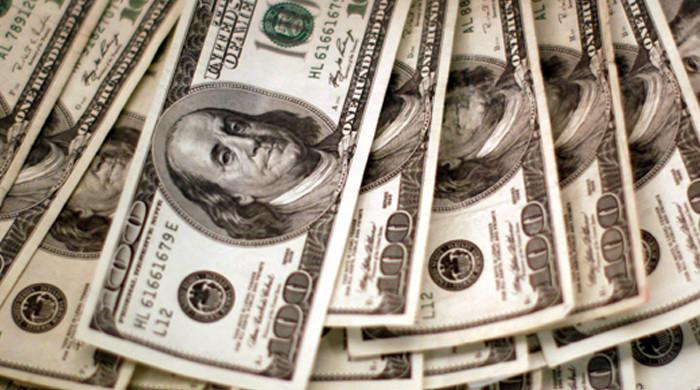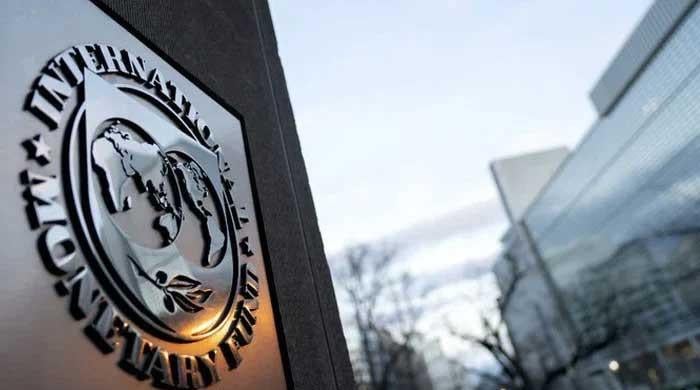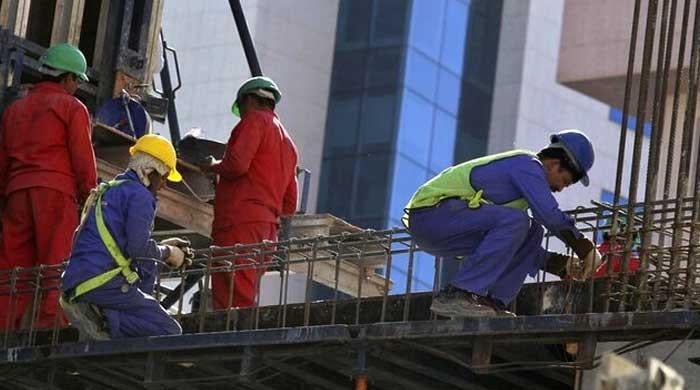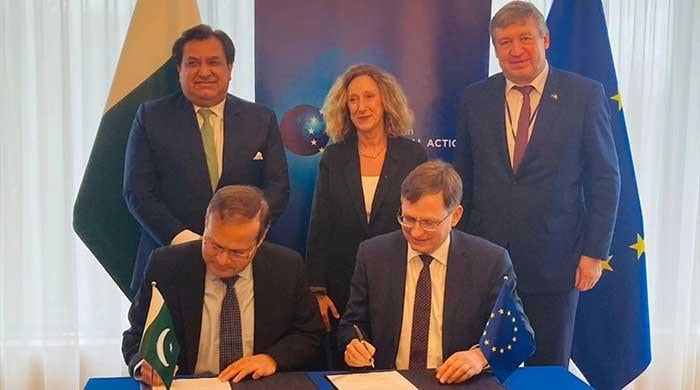Eurozone inflation to peak in November: ECB policymaker
In November, the bank expects "inflation to hit its highest level since the euro was introduced in 1999", Isabel Schnabel says
November 17, 2021
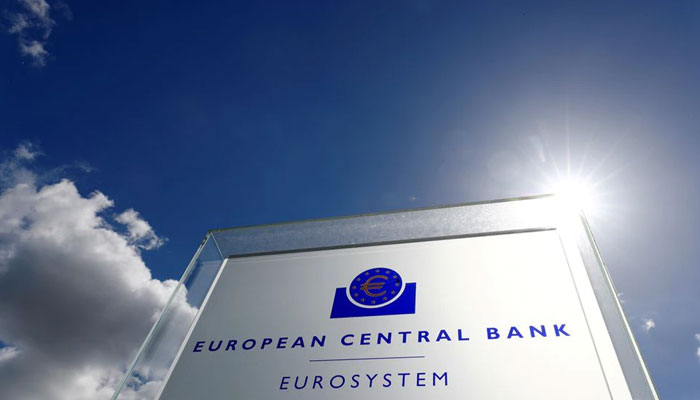
- Inflation will "remain higher for longer than previously anticipated", a member of the ECB's executive board predicts.
- In November, the bank expects "inflation to hit its highest level since the euro was introduced in 1999".
- The pace of price rises would slow over the course of the coming year, Isabel Schnabel says.
FRANKFURT: Eurozone inflation will hit a record high in November before declining over the course of next year at a pace that is hard to predict, a senior European Central Bank policymaker said Wednesday.
Inflation would "remain higher for longer than previously anticipated", Isabel Schnabel, a member of the ECB's executive board, said in a speech at a forum organised by Goldman Sachs.
In November, the bank expects "inflation to hit its highest level since the euro was introduced in 1999", Schnabel said, as soaring energy prices and supply bottlenecks stoked price growth.
In October, eurozone inflation reached 4.1% , well above the ECB's target of 2% and equal to a high set in July 2008.
The pace of price rises would slow over the course of the coming year "but uncertainty has increased around the pace and extent of the slowdown", Schnabel said.
The extent of the normalisation would depend on the extra costs associated with the transition to renewable energy and the speed at which the supply situation eased.
Earlier in the week, ECB president Christine Lagarde emphasised that the bank did not expect to raise interest rates next year and that "in the medium term" inflation would remain below its two-percent target.
In its most recent forecasts published in September, the ECB had said inflation would be 1.7% in 2022 and 1.5% in 2023.
New estimates to be published alongside a meeting of ECB policymakers on December 16 will include figures for 2024.





